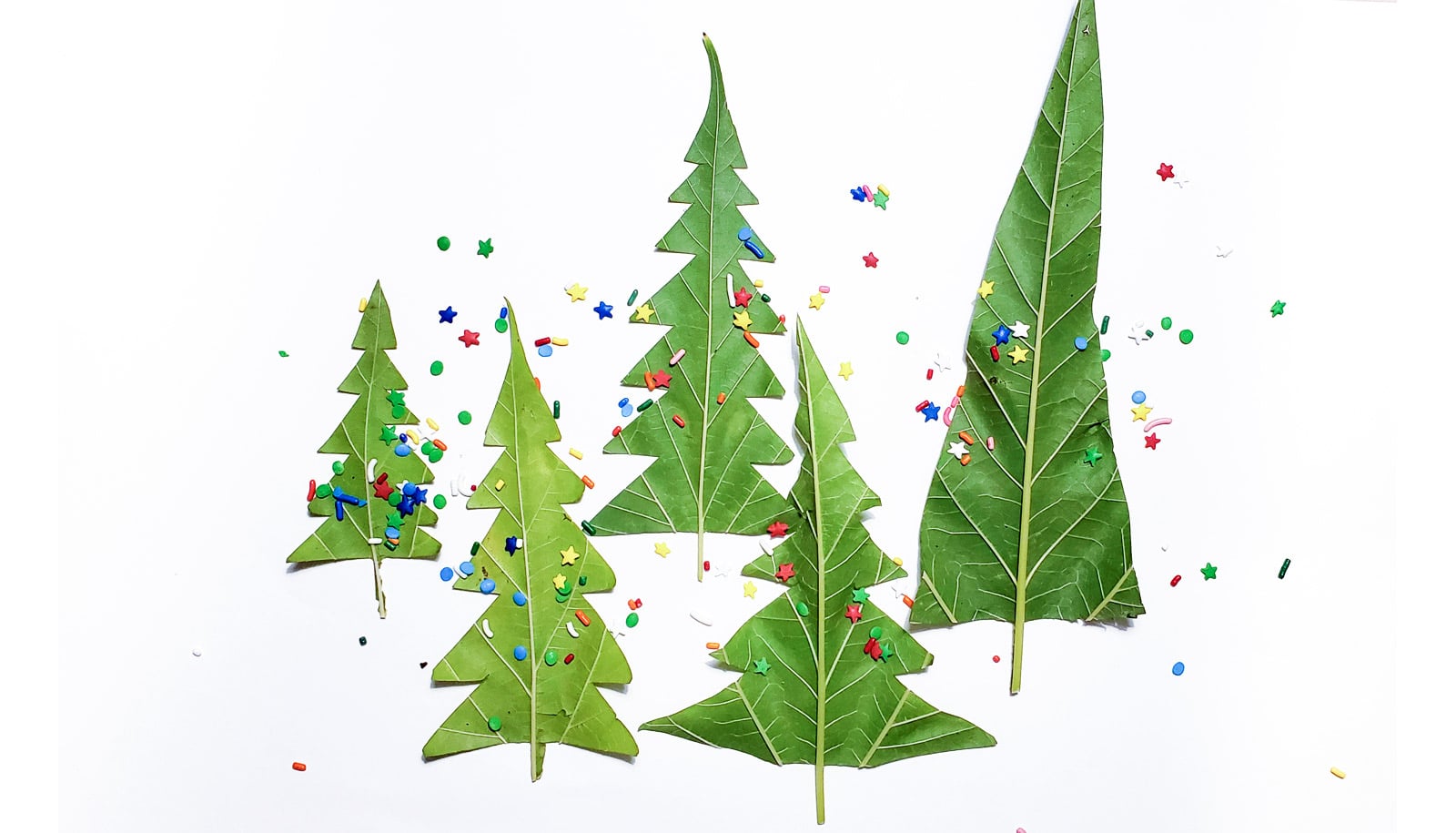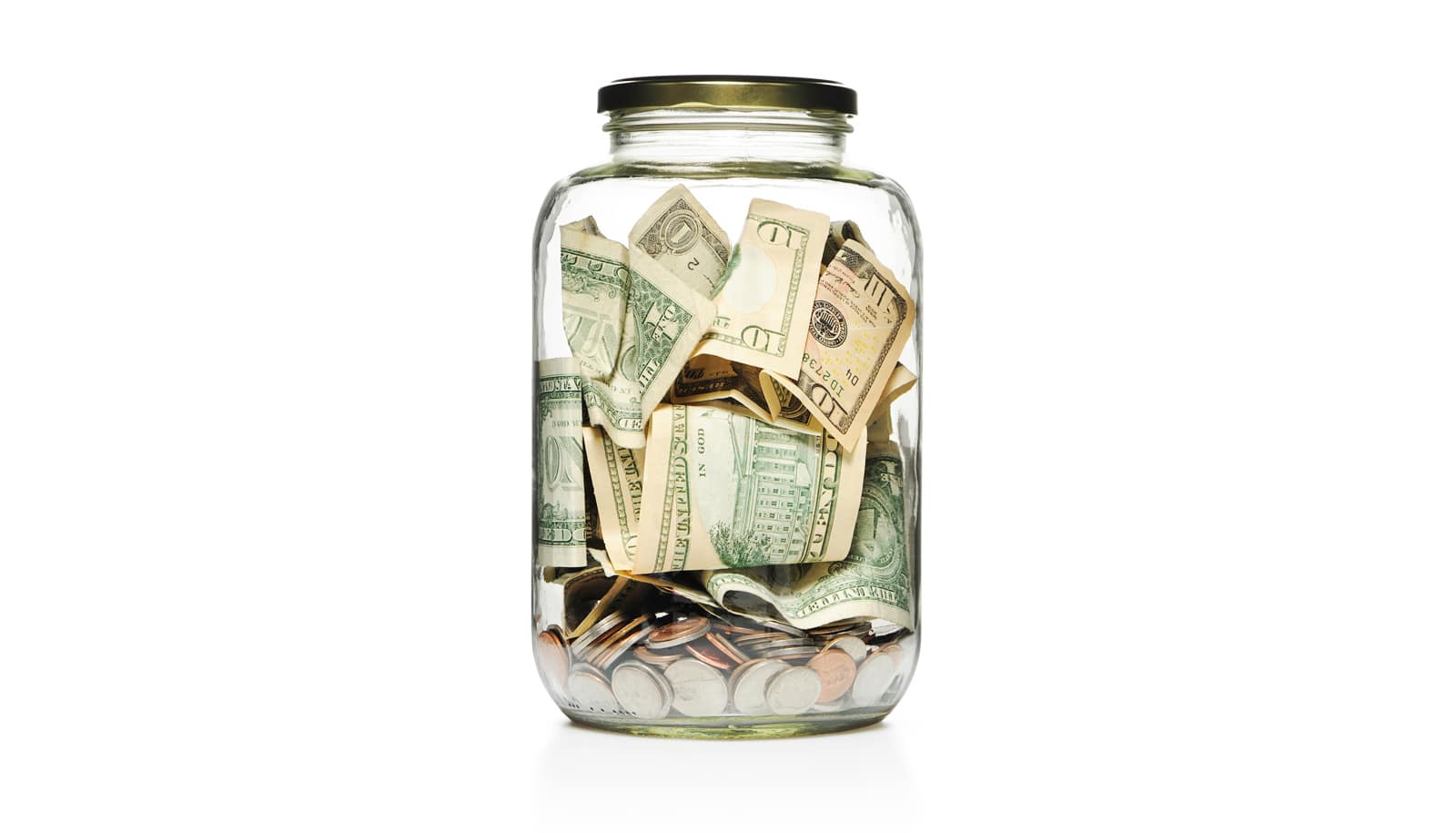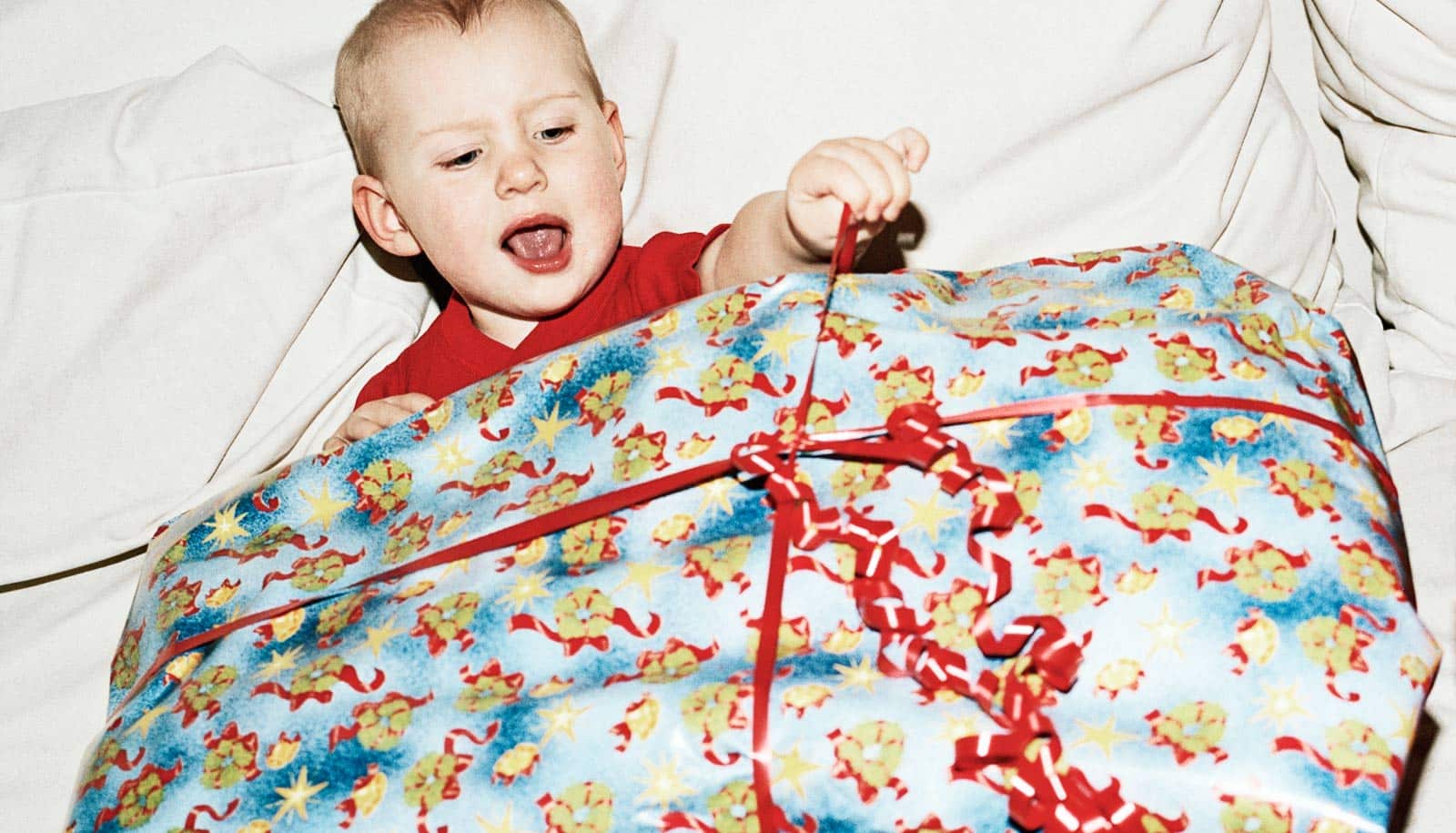As you pick out gifts for loved ones, consider these 22 options for making the tradition a bit more sustainable.
After all, Americans throw out about 25% more trash between Thanksgiving and New Year’s Day than during the rest of the year. That increase that works out to one million extra tons of garbage each week, according to the National Environmental Education Foundation.
The 2.6 billion holiday cards sold in the United States each year could fill a football field several stories high, and the 38,000 miles of ribbon used for gifts could literally wrap around the entire planet.
These sobering figures should give would-be shoppers pause, but apart from the obvious—such as skipping the wrapping paper and avoiding plastic-entombed products—how can we tap into the endorphin-releasing, stress-reducing benefits of giving, while also protecting the climate, oceans, forests, and air?
In the spirit of the season, these sustainability-driven New York University faculty members offer their environmentally sound ideas.
Louise Harpman, professor of architecture, urban design, and sustainability:
1. Get physical: I highly recommend trying a flying trapeze class (the first one I took was with my 14-year-old son) or an intro class at a rock climbing gym.
2. Play the re-gifting game: This works well for office parties. Everyone who comes must select, wrap, and give something (in new or very good condition) that they already own. During the party, everyone chooses a number out of a hat (or dry punch bowl) and the person with #1 selects and opens the first gift. The person with #2 can either “steal” the gift from person #1, or open a new gift. Person #3 can either steal one of the already-opened gifts, or open a new gift. This goes on until the person with the highest number has made their selection. This is also known as a White Elephant Party. I’ve hosted these for years and it’s hilarious when previous years’ gifts have come back into circulation.
3. Be a tourist at home: For kids, I love making neighborhood or multi-borough scavenger hunts. Usually the last stop has fantastic food (donuts, hot chocolate, soup dumplings).
4. Walk together: The best gift my son ever made for me was three gift cards for taking “bridge walks” with him. We walked the Brooklyn Bridge (of course), but also the High Bridge between Manhattan and the Bronx, and and the Pulaski Bridge between Long Island City and Greenpoint.
Jennifer Jacquet, associate professor of environmental studies:
5. Stuff stockings with vegan treats: Pick out vegan chocolates or a gift certificate to a vegan restaurant. Animal agriculture represents 15-20% of global greenhouse gas emissions. Plant-based gifts are better for your health and the environment.
6. Join a green group: Purchase a membership to an active civil society group working to defend the environment, such as the Union of Concerned Scientists, which is working to defend science and the environment, or the National Park Foundation, which is working to protect and preserve US National Parks.
7. Read up on animals: Some classics include The Lives of Animals by JM Coetzee, H is for Hawk by Helen Macdonald, or Other Minds: The Octopus, the Sea, and the Deep Origins of Consciousness by Peter Godfrey-Smith.
8. Go iconic: A poster of the Blue Marble—the famous image of Earth taken on December 7, 1972 by the Apollo 17 crew on their way to the Moon—makes a great gift. Earth Day turns 50 on April 22, 2020.
Cassandra L. Thiel, assistant professor in department of population health:
9. Give experiences: As we get older (and particularly if we live in NYC), we don’t really need as much stuff. Gift your friend or family member single or season tickets to a sports or musical event. Help them learn something new by gifting swimming, piano, dance, or cooking classes. Buy them a membership to their local museum or theater. If the funds are available, you could even gift a weeklong family vacation somewhere interesting! Experiential gifts get back to the spirit of giving, as we have to understand the person we’re giving to, and what would be truly meaningful to them.
10. Read it forward: My family started a new Christmas tradition a few years ago. We love to read, and we always have too many books around the house. So now, after we finish a book, we give it to the next person we think would be most interested in it. We call this “second Santa” and some books have slowly made their way around to everyone in the family!
11. Aim for durable and unique: I try to find items that my friend or family member is likely to use and cherish for a long time. I also look for items that are responsibly manufactured—without slave or child labor, and with some thought given to the environment. For these gifts, I like to explore local or handmade markets, or purchase from stores where I know they have a good record for sustainable sourcing and manufacturing.
Mary J. Leou, clinical professor of environmental education:
12. Skip the gift bag: Wrap your gifts with paper or material you no longer have use for (old maps, material, or cloth bags) or make the wrapping part of the gift (e.g. napkins, or scarves).
13. Deck the halls: Potted plants are a welcome addition to any home. They can improve the air quality. Potted herbs are also great gifts that can be used throughout the year in baking and cooking.
14. Think 12 months, not 12 days: Memberships to environmental organizations or cultural organizations can provide access to amazing places and programs throughout the year.
15. Make it yourself: If you can knit or sew, gloves, hats, or scarves are a great way to express your friendship or love. Homemade jams or cookies or other baked goods are always a treat, along with ingredients to make homemade hot chocolate!
16. Choose wisely: Give products that are made from recycled materials, and purchase gifts from stores that give back to the environment.
Gernot Wagner, clinical associate professor of environmental studies and public service:
17. Skip the gifts: In the end, we know we can’t shop our way to sustainability. It takes policy. Donate (time and money) to your favorite environmental cause. Help push for the right policies.
Robin Nagle, clinical professor, liberal studies:
18. Give your time: Most of us already feel like we don’t have enough, but that’s part of what makes it such a generous gift. Do you know any parents? Offer to babysit or to cook a delicious dish to drop off. Anyone in your life who is elderly and often alone? Invite them for a stroll (or, if they have impaired mobility and use a wheelchair, for a roll). Or ask if you can visit. Either way, be careful to listen more than talk. Or how about that friend whose company you cherish but whom you see too rarely? Take them to breakfast. Or if they’re far away, make a date to “meet” for a video chat.
19. Share you talent: No doubt you have a skill or hobby you love that a friend or family member would love to learn. Cooking, quilting, knitting, glass blowing, rollerblading, ice skating, meditating, drawing, playing a musical instrument, singing…
20. Pay for a class: The possibilities are nearly endless: pottery, gelato making, axe throwing, remaking old clothes into new fashions. Or arrange an insider tour of an iconic location… or a beloved museum. Offer to go with them, or get them two spots (or two tickets) so they can invite someone to join them.
21. Donate: Non-profits all over the world are happy to accept contributions on behalf of someone you love. Give a donation in that person’s name.
22. Write from the heart: Give your loved ones a letter that makes clear how much they mean to you. A hand-written version will be appreciated even more than something printed, especially if you add any artistic touches (and it matters not at all if you think you can’t draw).
Source: NYU



